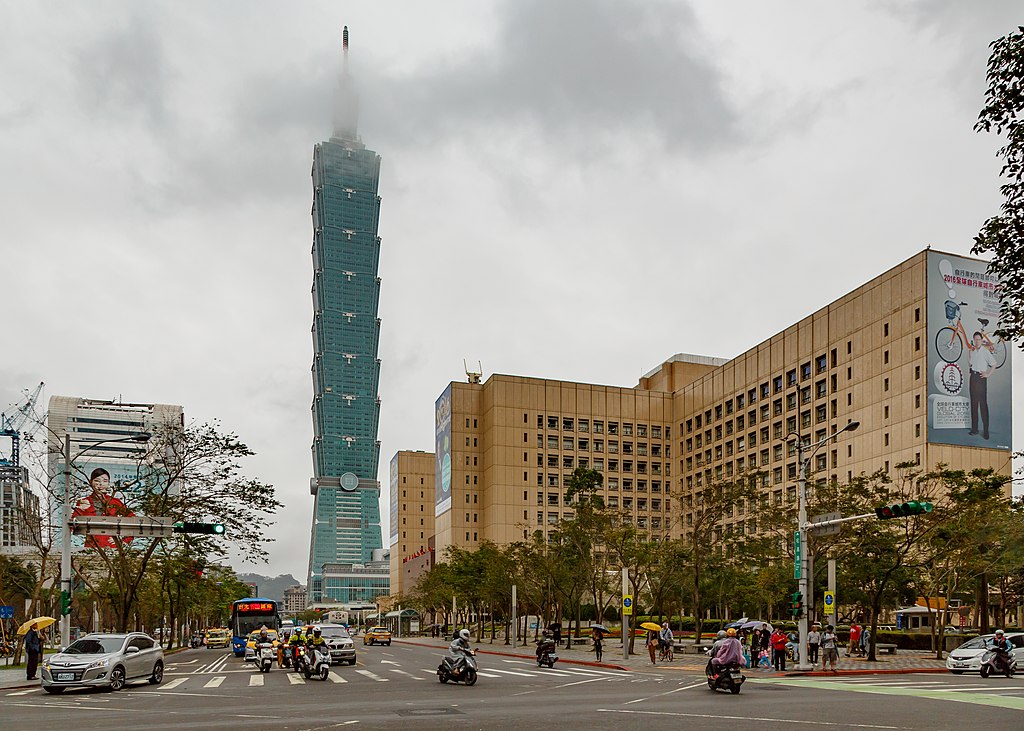Taipei City welcomed international experts, businesses, and officials on April 24-25 for the 2025 Taiwan International Geothermal Conference. This major event showcased Taiwan’s ongoing commitment to expanding its profile in green energy, particularly geothermal power.
Held by the Ministry of Economic Affairs (MOEA) Energy Bureau for the third consecutive year, the conference brought together more than 700 participants. These included academics, business leaders, and government officials from around the globe. Countries such as Canada, New Zealand, the Philippines, and the United States were represented, with speakers from these nations offering insights into geothermal energy trends and technology.
Taiwan’s Green Energy Strategy
Vice Economic Minister Lai Chien-hsin emphasized the importance of renewable energy in Taiwan’s ongoing energy transformation. He highlighted that geothermal energy is a key part of this transition, with six geothermal power plants already established in Taiwan. Additionally, more plants are set to open later this year. The Taiwanese government is eager to cooperate with international partners to achieve net-zero emissions and tackle climate change challenges together.
Lai also expressed hope that Taiwanese businesses will collaborate with global counterparts to strengthen Taiwan’s position in the green energy sector. He noted that Taiwan aims to attract more international investment in its geothermal industry, helping the country to lead in sustainable energy solutions.
Geothermal Technology and Policy
Throughout the conference, participants discussed various aspects of geothermal power. Presentations focused on the latest developments in geothermal technology, global trends, and local government policies designed to boost the sector. The MOEA Energy Administration, Geological Survey, and Mining Management Agency shared Taiwan’s progress in geothermal exploration.
Taiwan’s major energy companies, including CPC Corp., Taiwan and Taiwan Power Co., also participated in the event. These companies showcased their technological advancements in geothermal energy and their plans for future developments in the sector.
A major theme during the conference was the exploration of new geothermal solutions and the management of geothermal projects. A special panel discussion, led by Lee Chun-li, the active director general of the Energy Administration, focused on Taiwan’s future geothermal development. The panel also discussed strategies for increasing Taiwan’s international competitiveness in the green energy market and attracting more foreign investment.
Workshops and Technical Discussions
On April 25, the final day of the conference, three workshops were held. These workshops focused on critical aspects of geothermal energy, including drilling technology, equipment applications, and exploration techniques. These sessions gave attendees hands-on experience and practical knowledge about the industry’s latest innovations.
A key highlight of the conference was a field trip to Taiwan’s first deep geothermal well, located in Yuanshan Township in northeastern Yilan County. International participants had the opportunity to tour this geothermal well, which provided a firsthand look at Taiwan’s geothermal potential. This experience was designed to deepen their understanding of the country’s capabilities in geothermal energy development.
Taiwan’s Vision for the Future
The MOEA reiterated its commitment to continuing the development of geothermal energy as a crucial component of Taiwan’s energy future. As part of its strategy, the government has invested in both research and infrastructure to ensure that the country remains at the forefront of the green energy movement.
The event in Taipei was not just a celebration of Taiwan’s progress but also an opportunity to forge new international partnerships. As the global push for sustainable energy solutions intensifies, Taiwan is positioning itself as a key player in the renewable energy market.
Global Cooperation in Geothermal Energy
Geothermal energy is increasingly recognized worldwide as a sustainable and reliable energy source. The conference provided a platform for sharing ideas, discussing challenges, and exploring solutions. By hosting this event, Taiwan has further solidified its reputation as a leader in green energy technology and a strong advocate for international collaboration in tackling climate change.
Looking forward, Taiwan is determined to expand its geothermal industry and become a hub for global geothermal innovation. The country’s active engagement with international stakeholders will play a significant role in shaping the future of geothermal energy and its role in the global energy transition.
The 2025 Taiwan International Geothermal Conference showcased the nation’s commitment to green energy development and its growing role in the global geothermal industry. As the world seeks sustainable energy solutions, Taiwan’s efforts to expand geothermal power and attract international partnerships will be vital in shaping the future of renewable energy.


